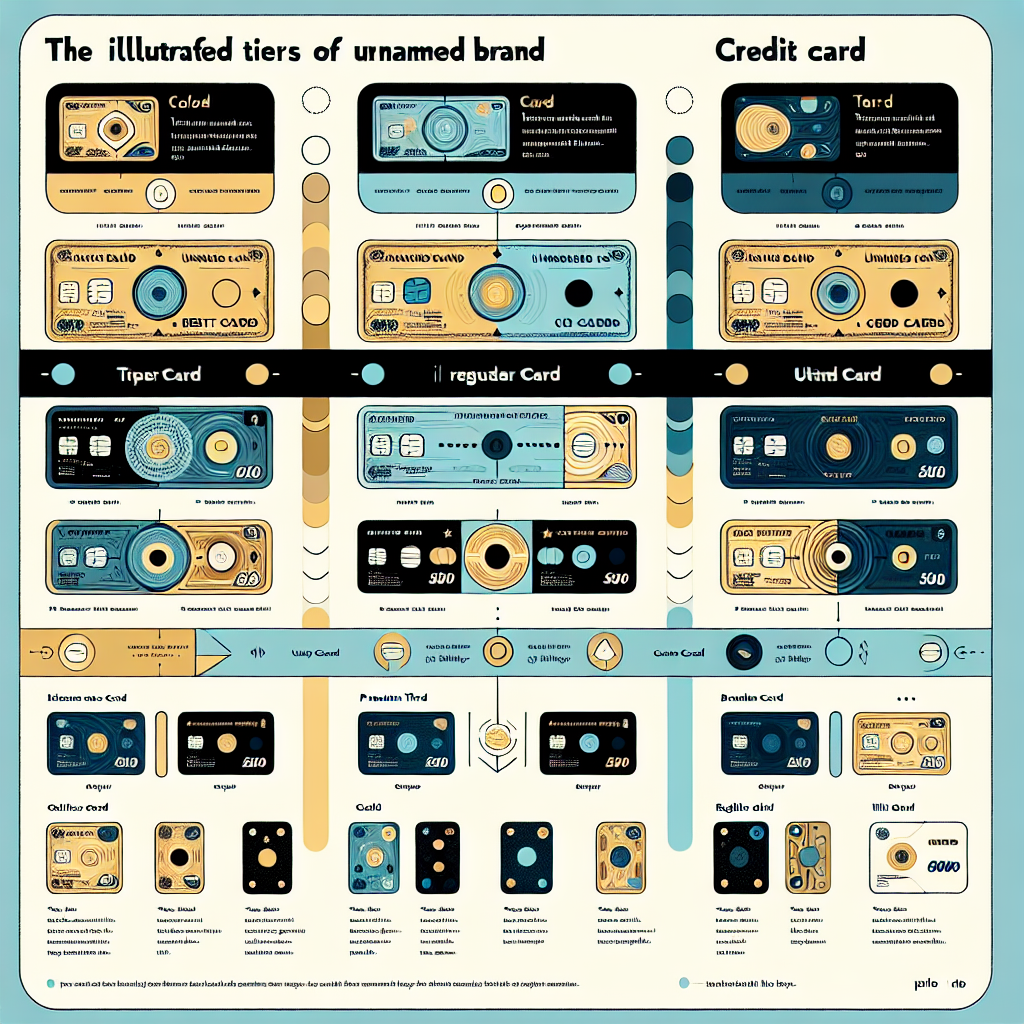Key Takeaways
- While student credit cards serve you well during college, what’s next once you toss that cap and gown?
- Graduation brings fresh credit card strategies that go beyond the basics tailored for students.
- From swapping your student card for an upgraded one to squeezing every ounce of cash back and perks, these eight nuggets are your springboard to financial savvy.
Hats off, graduate! As you step into the wide world of real life — juggling new gigs, hunting for apartments, and often applying for your first “adult” credit card — it pays to be prepared.
Why Consider a Credit Card Now?
Building solid credit is a non-negotiable part of life after college, especially because your credit profile influences everything from the interest on your car loan to your apartment application’s fate. Simply put, your credit score is like your financial passport, and handling your first credit card wisely sets the tone.
Eight Must-Know Credit Card Tips for New Grads
1. Know Your Credit Score — For Free, No Excuses
Before diving headfirst into credit card options, get a handle on where your credit stands. Tools like CreditWise (offered by Capital One, but free for all) keep tabs on your credit history, supply updated scores, and dish out personalized tips to boost your rating. American Express has a comparable tool, so there’s no reason to fly blind.
2. Give Your Student Card a Glow-Up
Did you realize your trusty student credit card might be eligible for an upgrade? Transitioning to a “grown-up” card can enhance your credit score and strengthen your rapport with the issuer. If you showed responsible card use during your studies, your bank could reward you with a better credit limit, friendlier interest rates, and spiffier rewards.
3. Prequalify Before You Apply — Save Your Score
Many fresh grads overlook this: submitting multiple credit card applications can ding your credit score with hard inquiries. But prequalification checks are different — they’re soft inquiries that don’t leave a mark but give issuers a taste of your creditworthiness. Services like those from Equifax, Experian, and TransUnion offer this, and Bankrate’s prequalification tool can help you zero in on cards you’re more likely to snag.
4. Decode the Fine Print Before You Commit
Digging into a credit card’s terms is more than just homework. The Schumer Box, usually a pop-up or downloadable PDF on a card’s application page, lays bare essentials like annual percentage rates (APR), fees, and penalty charges. Knowing whether a card carries a jaw-dropping annual fee, or if it offers a sweet 0% intro APR, can save you nasty surprises down the line.
Quick Credit Factors Snapshot:
| Payment History | Top influencer on your credit score. |
| Amounts Owed | Keep balances low to stay in good standing. |
| Credit Mix | Diverse credit types offer a boost. |
| Account Age | Older accounts lend credibility. |
| Recent Inquiries | Too many can temporarily ding your score. |
5. Prioritize Paying Bills On Time & Keep Balances Lean
Two of the most powerful moves you can make: never miss a payment and keep what you owe on your cards minimal. These habits send strong signals to lenders and help build a stellar credit reputation.
6. Jump on Credit Card Rewards — Sooner Rather Than Later
Don’t sleep on rewards — the sooner you start grasping how points, miles, and cash back work, the more value you squeeze from your plastic. For those who love to travel, cards offering points redeemable for flights and hotel stays can be golden. Others specialize in bonus categories like groceries or gas, which can seriously pad your wallet.
Case in point: some cards dish out unlimited 5% cash back on Amazon and select grocery stores with an eligible Prime membership, 5% back on travel booked via specific issuers, and a steady 1-2% back on everyday spends. For folks with fair credit, introductory flat-rate cards offer straightforward 1.5% cash back across the board, sometimes with bonus categories like hotels or rental car bookings.
7. Pay Your Statement Balance in Full, Always
Maximizing rewards only pays off if you pay your bill completely and on time. Carrying a balance can lead to interest charges that negate your hard-earned perks—don’t fall for the myth that “a little balance” helps your credit. In reality, it just burns extra cash. The golden rule? Pay off your charges promptly and consistently.
8. Resist the Urge to Open Multiple Cards Too Quickly
Opening several new credit cards back-to-back raises red flags for lenders, suggesting you might be chasing debt. Each application triggers a hard inquiry, nudging your credit score downward temporarily. Space out your card applications—waiting at least 90 days is wise, but some issuers, like Chase, impose stricter limits (no more than five new cards in 24 months). The longer you delay between apps, the healthier your credit profile looks.
Final Thoughts: Playing the Long Game with Credit
Mastering credit card management post-college is a ticket to money saved, strong credit, and financial confidence. Once you get the hang of monitoring your credit score, cultivating a robust credit history, and milking the rewards programs effectively, you’ll be ready to face whatever financial challenges life throws your way.





